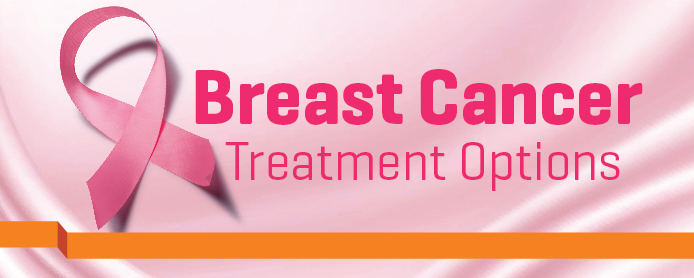
Breast cancer is one of the most common cancers affecting women worldwide. Thanks to advancements in research and medical science, there are now multiple breast cancer medicines available that help in treating the disease, reducing symptoms, and improving survival rates. Understanding the different types of medicines can empower patients and caregivers to make informed decisions about treatment.
Types of Breast Cancer Medicines
- Hormone Therapy Medicines
Some breast cancers are hormone-receptor positive, meaning they grow with the help of estrogen or progesterone. Hormone therapy medicines block these hormones or lower their levels in the body.
Common medicines include:
- Tamoxifen – blocks estrogen receptors
- Aromatase inhibitors (Letrozole, Anastrozole, Exemestane) – reduce estrogen production
✔ Usually prescribed for early-stage and advanced hormone-receptor positive breast cancers.
- Chemotherapy Medicines
Chemotherapy drugs are designed to kill rapidly dividing cancer cells. These medicines are often given after surgery (adjuvant therapy) or before surgery (neoadjuvant therapy) to shrink tumors.
Examples:
- Doxorubicin
- Cyclophosphamide
- Paclitaxel
- Docetaxel
✔ Used for both early-stage and advanced breast cancers.
- Targeted Therapy Medicines
Targeted medicines work by focusing on specific proteins or genes that fuel cancer growth. These treatments often have fewer side effects compared to chemotherapy.
Examples:
- Trastuzumab (Herceptin) – for HER2-positive breast cancer
- Pertuzumab (Perjeta) – combined with trastuzumab for advanced cases
- Lapatinib – for metastatic HER2-positive breast cancer
✔ Effective in cases where the cancer overexpresses the HER2 protein.
- Immunotherapy Medicines
Immunotherapy helps the body’s immune system recognize and fight cancer cells.
Examples:
- Atezolizumab – used with chemotherapy for certain triple-negative breast cancers
✔ A promising area of research, especially for aggressive types of breast cancer.
- CDK4/6 Inhibitors
These newer breast cancer medicines block proteins that help cancer cells multiply. They are often used in combination with hormone therapy.
Examples:
- Palbociclib
- Ribociclib
- Abemaciclib
✔ Proven to extend progression-free survival in patients with advanced hormone-receptor positive breast cancer.
Side Effects of Breast Cancer Medicines
Like all medicines, breast cancer treatments can cause side effects. These may include:
- Fatigue
- Nausea or vomiting
- Hair loss (chemotherapy)
- Hot flashes (hormone therapy)
- Low white blood cell counts (increased infection risk)
Doctors carefully monitor patients and may adjust medicines or dosages to manage side effects effectively.
Conclusion
Choosing the right breast cancer medicines depends on the type of breast cancer, stage, hormone receptor status, and overall health of the patient. While the journey may feel overwhelming, advancements in medicine continue to improve survival rates and quality of life for millions of women worldwide.



